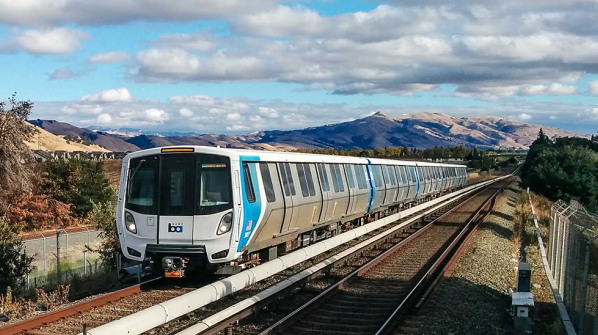Bart says one issue relates to the onboard automatic train control system software, which is causing the new cars to routinely stop while in service, requiring a full reboot and resulting in a five-to-10-minute delay.
Secondly, when trains stop in wet or rainy conditions, the cars’ wheels develop flat spots which require their removal from service so that the wheels can be resurfaced.
Bart says that while neither issue impacts the safety of FOTF cars already in service, they can impact service reliability and car availability.
Bart has committed to supporting Bombardier as it works to address the issues.
Bart will have 290 FOTF cars in operation by January 8, as well as 618 legacy cars which are currently being phased out. Due to the delay in deliveries, which is expected to last a minimum of 12 weeks, decommissioning will occur at a slower rate.
The first FOTF vehicles were delivered to California in April 2016, and were approved by the California Public Utilities Commission (CPUC) for passenger operation in January 2018.

